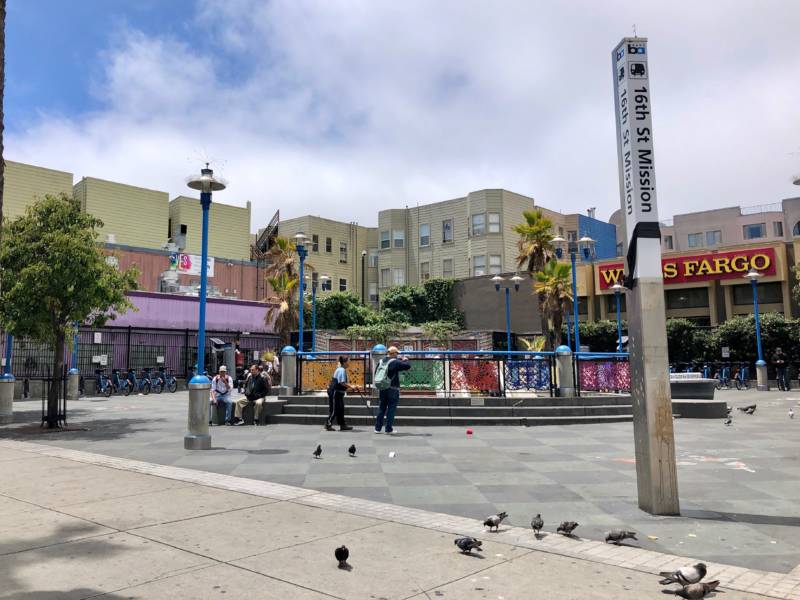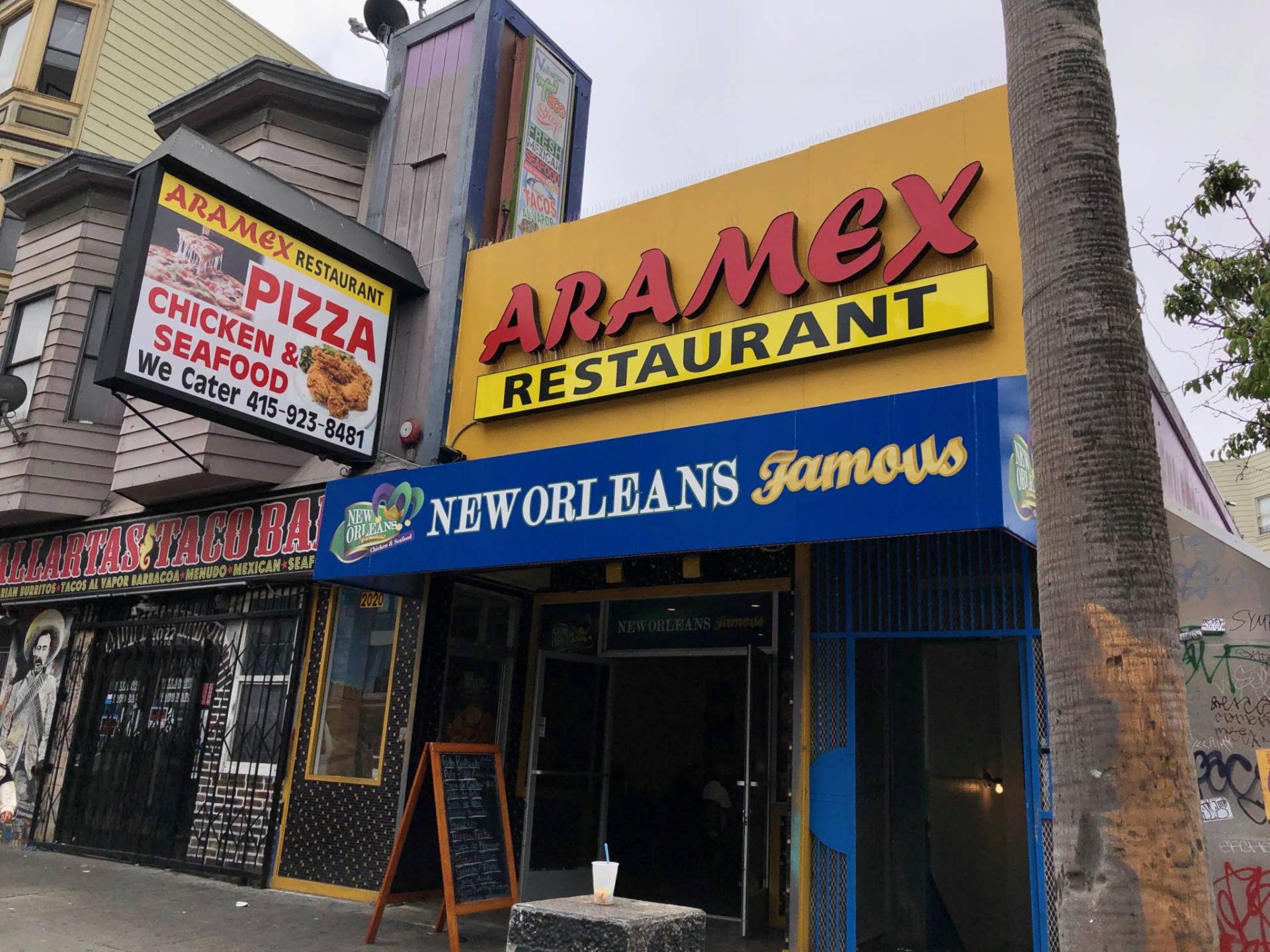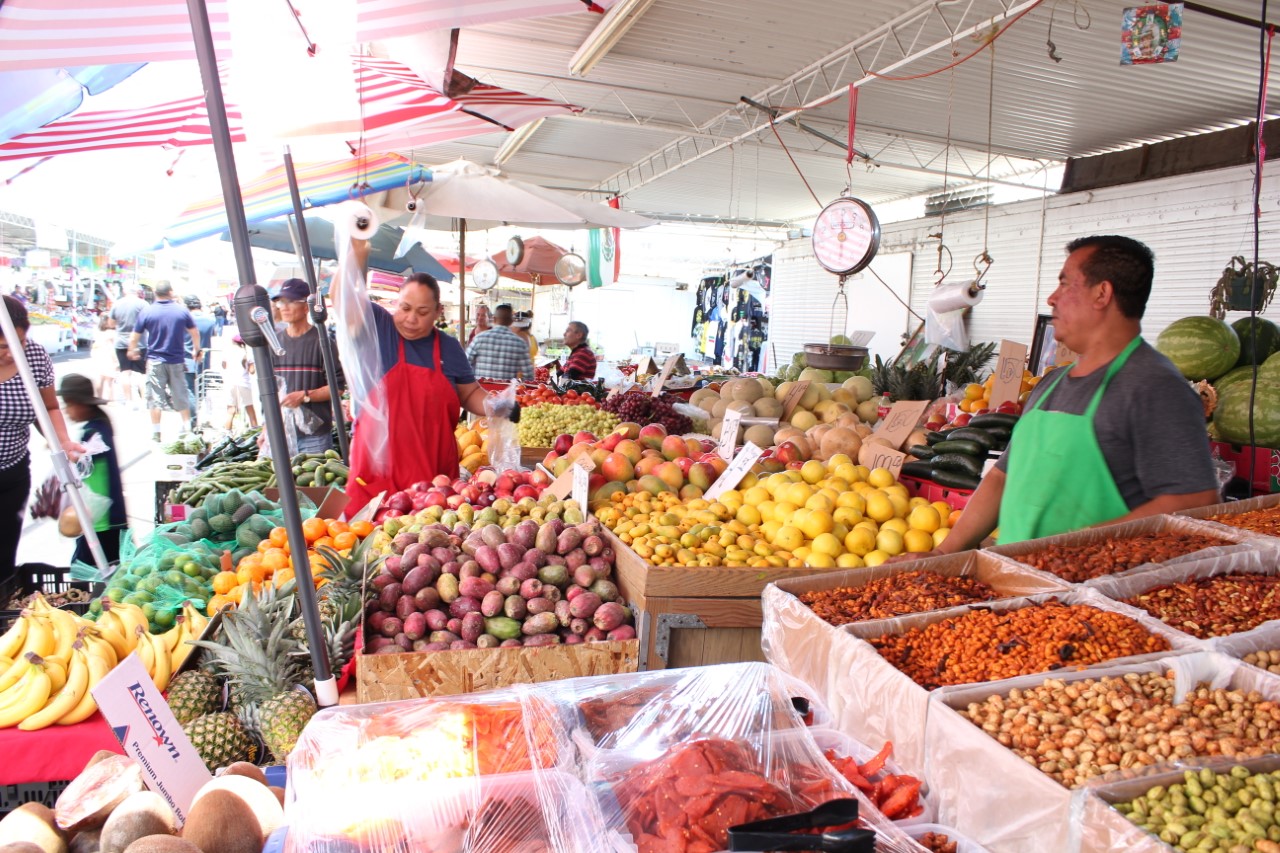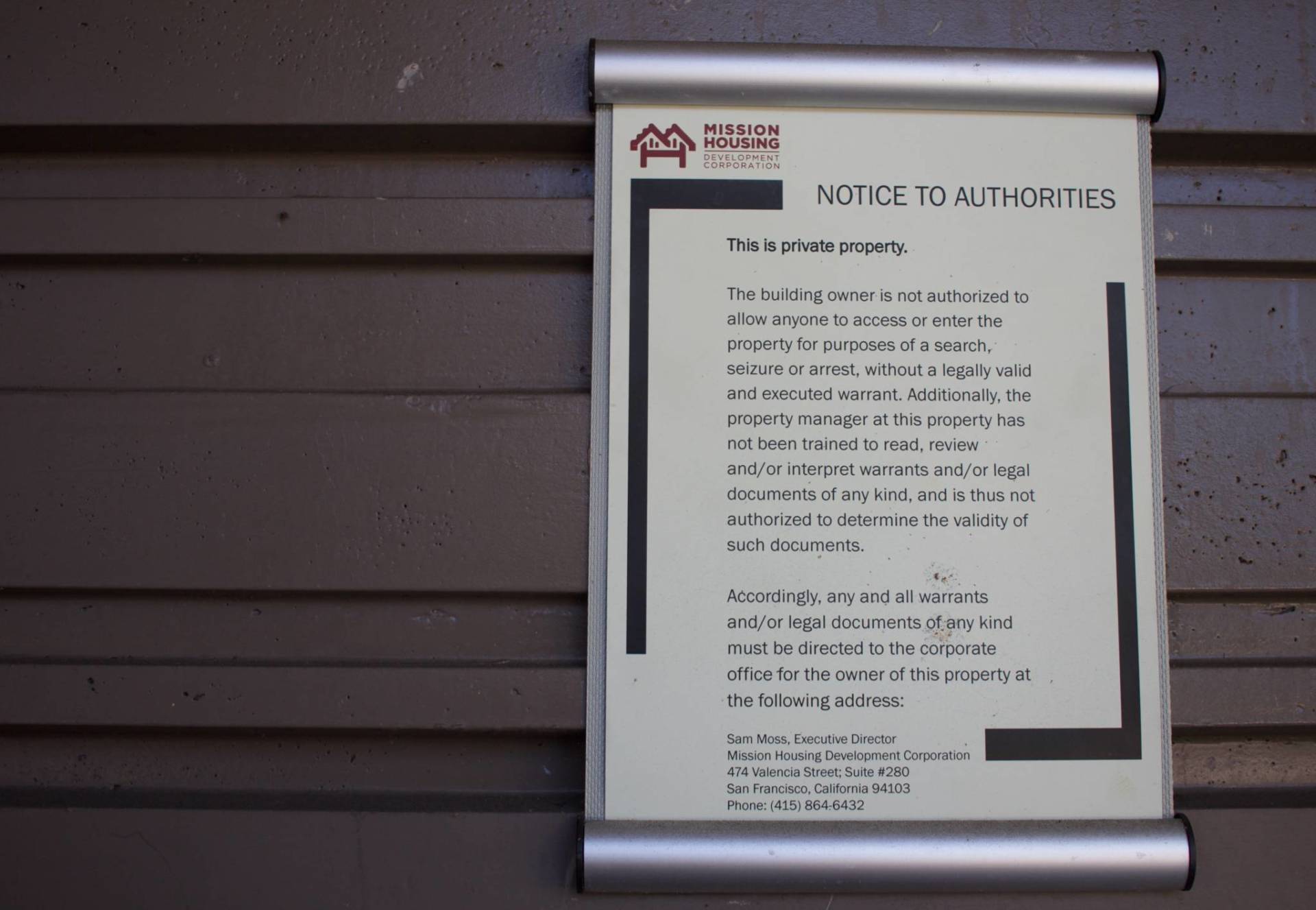On a typical Sunday afternoon, the area around the 16th Street BART station is packed. Vendors are making sales, performers are playing music and lots of Latinos are hanging out. The Mission, after all, is the heart of San Francisco's Mexican-American community.
But July 14 wasn't your typical Sunday — the threat of a nationwide ICE crackdown loomed large and it appeared that the Bay Area's Latino communities were keeping out of the public eye.
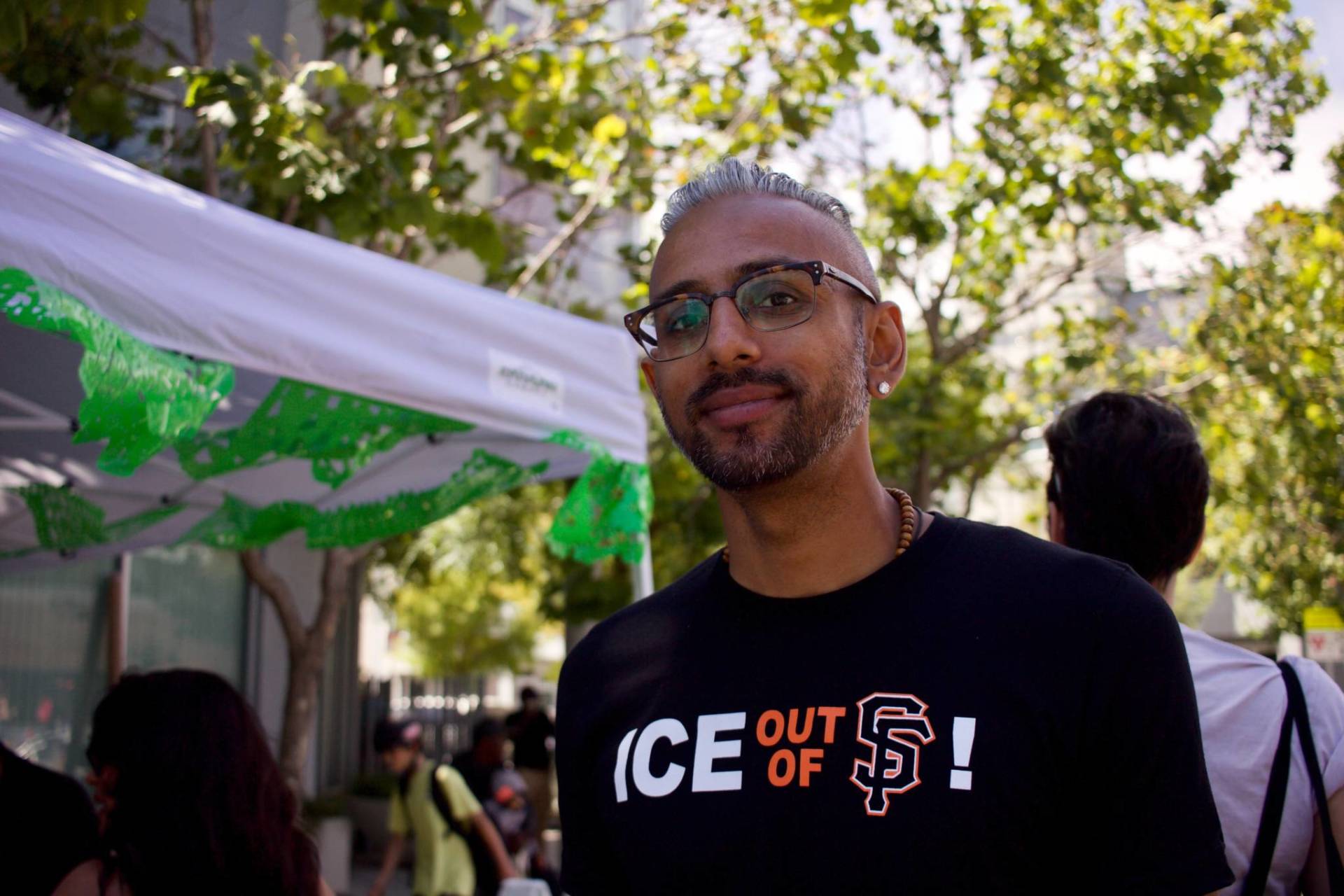
Immigrant rights advocates said there weren't reports of immigration raids in the Bay Area this weekend, yet community organizers and business owners said many people in the Latino community stayed out of public spaces and at home.
“The Mission, even post-gentrification, still has a heavy Latinx population, but I didn't see as many brown people out today as I would've hoped,” said Chirag Bhakta, the community engagement coordinator for Mission Housing, who was at the Sunday Streets neighborhood event on Valencia Street. “There's a lot of people out, but it's not necessarily a lot of the community members who are living around the neighborhood.”
